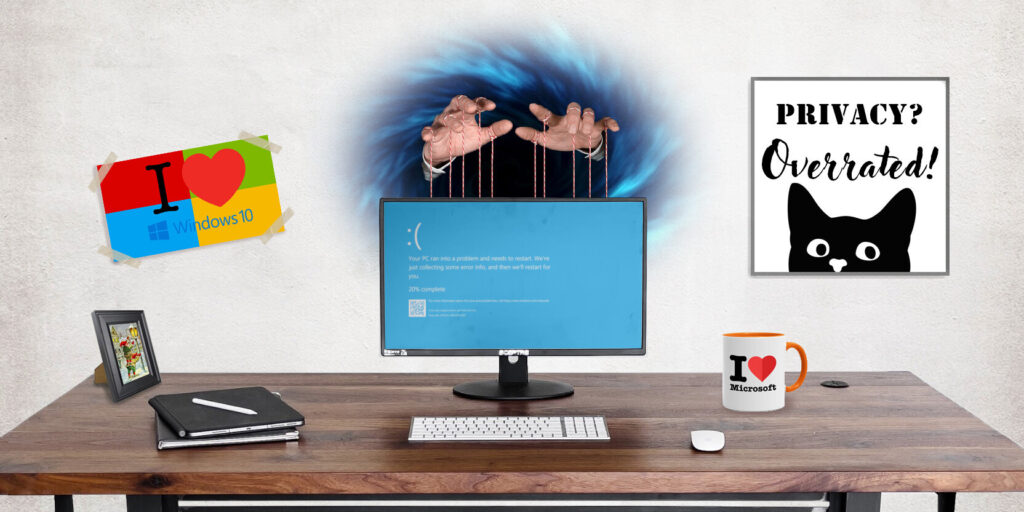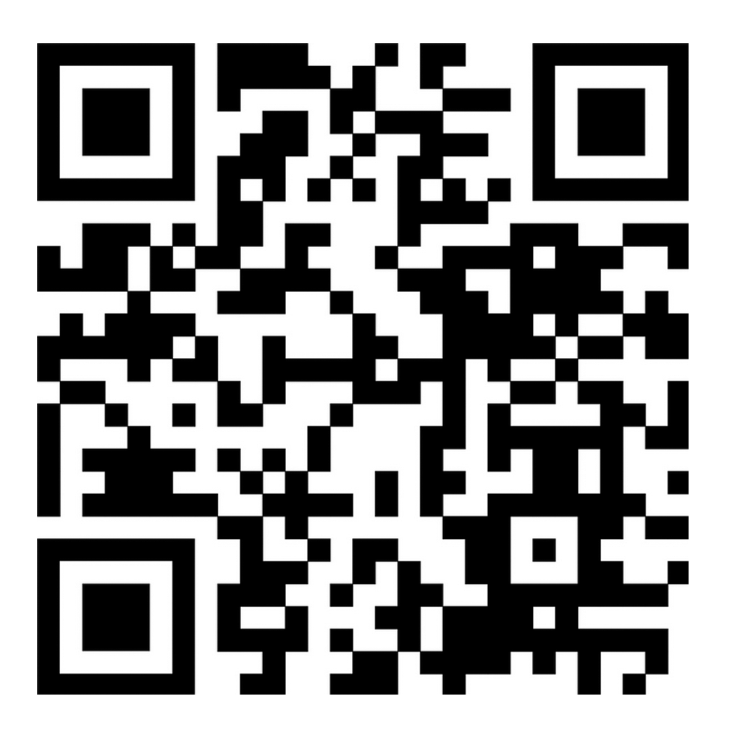
Recent reports claim that federal politicians are “freaking the fuck out.”
Photo by Jordan Whitlow
In the release notes for the upcoming version 25H1 of Windows 11, Microsoft has announced a new update to Windows Defender, the default antivirus solution. Now called Windows Remote Defender, the upcoming version protects computers by allowing them to be “remotely restored to an earlier state” if compromised. With its incorporation into more established Windows features such as System Restore, the new update to Remote Defender has been reported as a guarantee, with the notes stating, “[Microsoft] could just take care of [it] if their files are taken for ransom, and not have to perform a deep clean of their systems which may or may not be possible in extreme cases.”
The Remote Defender feature follows the controversial Recall feature, criticized due to potential security concerns and surveillance; this update has “only increased” these fears among Microsoft users. Tech investor and project manager Reginald Expert XXI cited that the program was too unstable to have been rolled out. “All of our computers were infected by ransomware at one point or another. At first I thought, ‘Well, at least we pushed for that Remote Defender update.’ But when Microsoft got to the problems with our computers, we started getting Blue Screens we couldn’t get rid of. I don’t even know how that’s possible since that happened before they even announced the update?” Expert then told his team that the pace of development was unacceptable and that their deadline was in two hours.
Amidst the skepticism for Remote Defender, Linux advocates have offered their preferred operating system as an attractive alternative. Debbie N. Sidd, a recently minted Linux enthusiast, said, “I was already fed up with the obvious problems that Recall had, but now Microsoft just confirmed that they don’t care about privacy at all. Every guide since prehistory has been talking about needing to switch to Linux, so why not now? It’s worked for me so far, perhaps too well. I’ve begun to look up to Diogenes, and I’ve grown more disdainful towards ways of living outside his school of thought. I like to call that stuff ‘bloat.’ It’s a lifestyle.” Even with continued coaxing from the Linux user base, most Microsoft customers, such as Bob Clipp, report that they plan to stay with Windows: “It’s just one less thing to be concerned about with computing getting scarier as time goes on. Plus, Microsoft is still delivering the best in user experience! Whoops, lost some stuff I was working on. But at least I’m saved from the worst that could happen!” Clipp reported that he had clicked on a malicious advertisement in the File Manager, but Remote Defender was able to “control the damage.”
Though it has only been days since the update, other competitors have attempted to get a leg up on Microsoft. In the current beta version of Kaspersky antivirus, Kaspersky Lab introduced a Remote Defender-like feature that, in addition to of remote features, also initiates asynchronous scans on a periodic basis. A Kaspersky AV beta tester from Vladivostok has expressed that they are “quite happy” with the tested update: “Sure, the random pig squealing sounds in the middle of the night might startle me, but at least I know it means that my computers are safe.”
Hardware manufacturers are also gearing up to “augment the security features” of Windows Remote Defender. Intel and NVIDIA in particular have teamed up to create the new Single Instruction Multiple Decryptions (SIMD) instruction set extension AVX4096 that allows a computer to be used if the key to an encrypted hard drive is lost.











